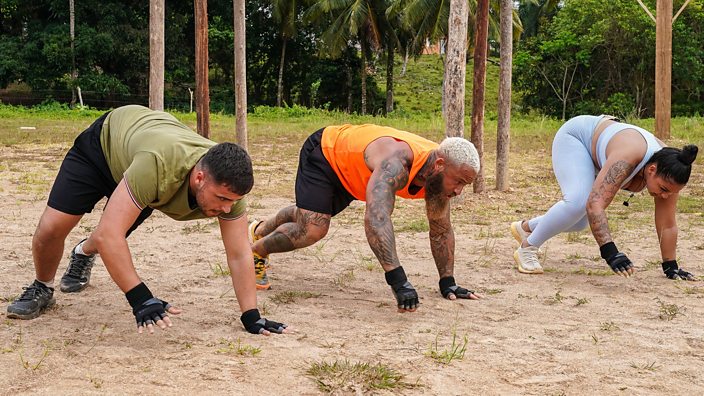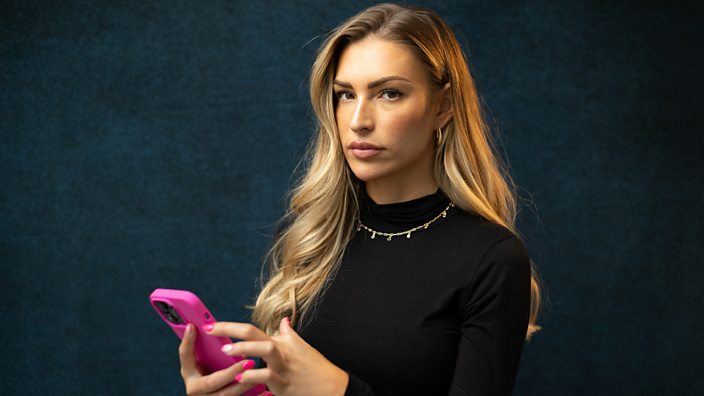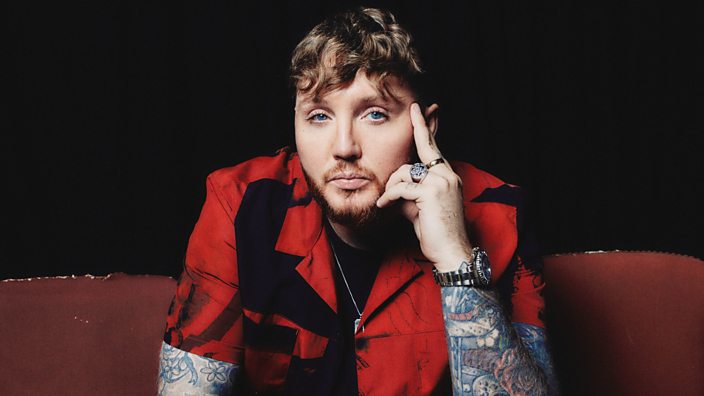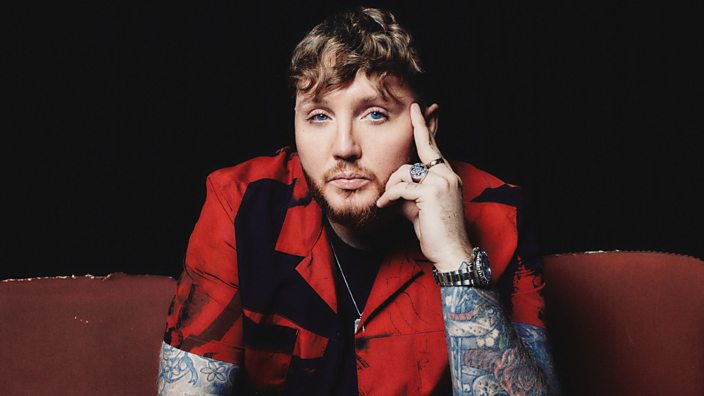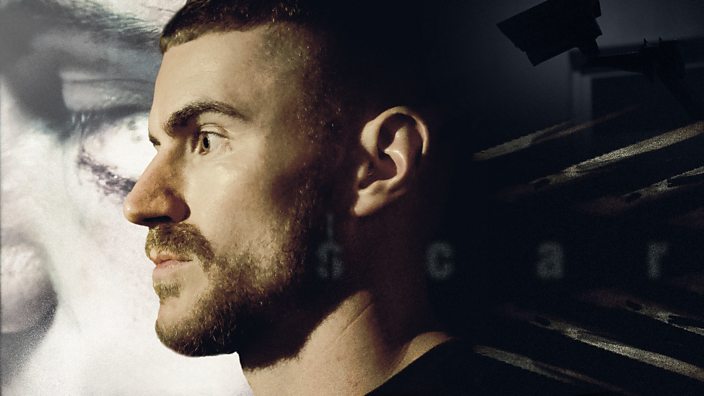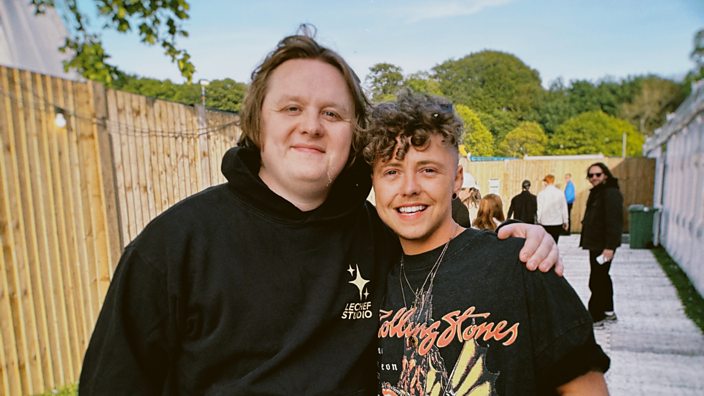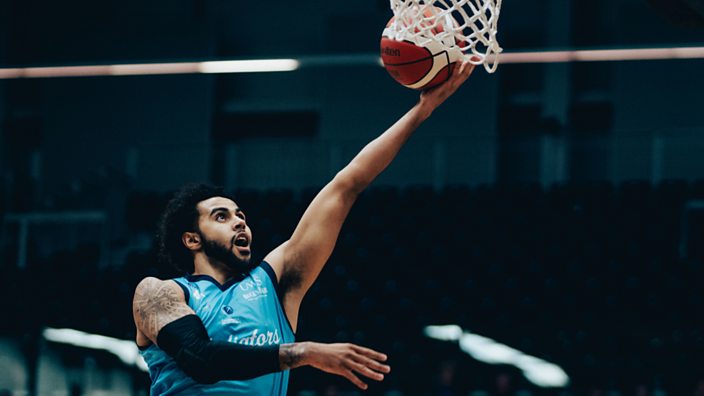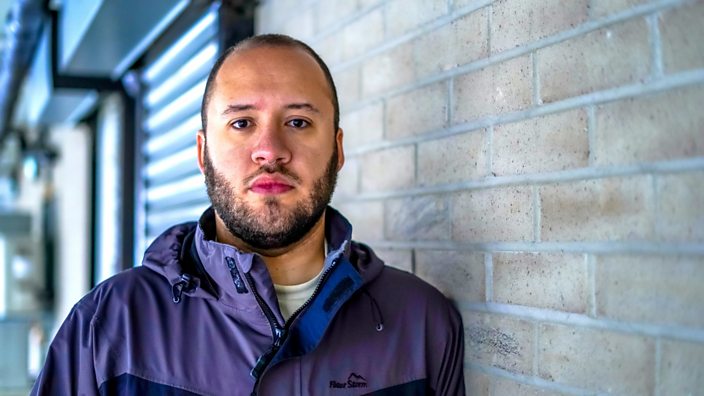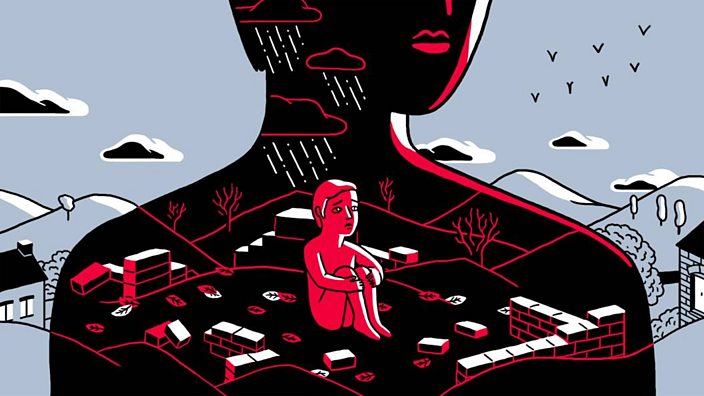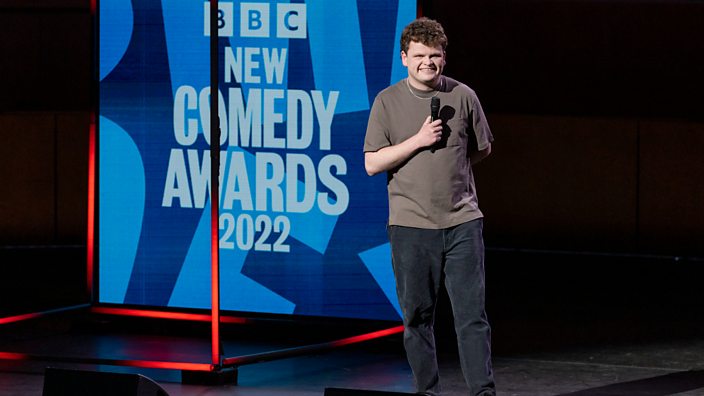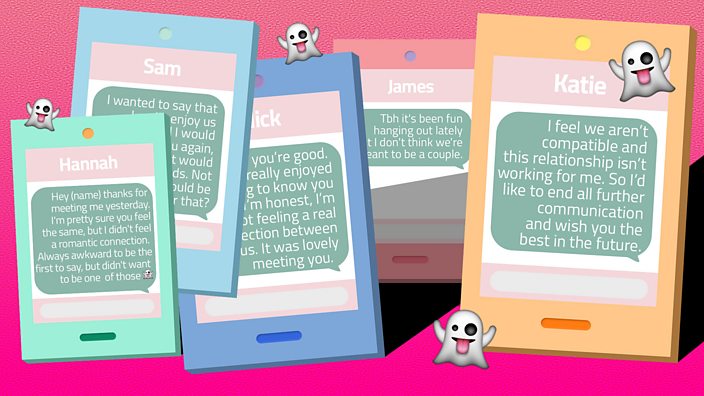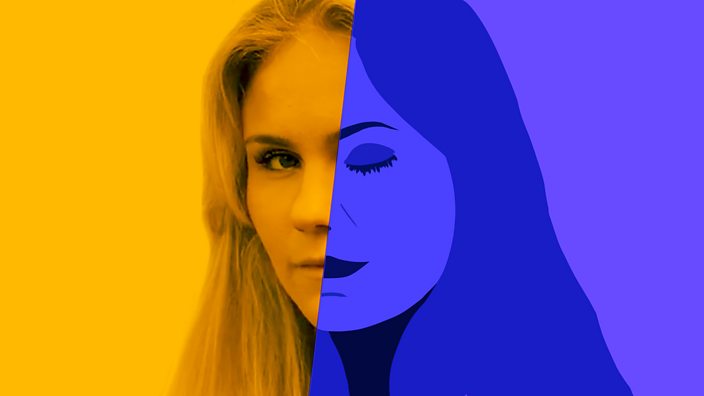 BBC Three
BBC ThreeNo, I'm not wasted or being rude - I've got narcolepsy
People point, laugh, and even film me when I'm having sleep attacks
For most people, sleep is a luxury - something you indulge in on a Sunday morning, curled up in bed without the pressure of an alarm clock.
But for me, sleep has become my enemy.
My life is pretty routine really - I’m a personal trainer in Amsterdam, where I live with my boyfriend and two other flatmates. I love working out, going shopping with my friends, and going out for dinner. All the usual stuff. But I also can’t stop falling asleep.
I have narcolepsy, which means I basically don't have a body clock. As a result, I need to sleep about eight or nine times a day. Sometimes these are short naps lasting about 10 seconds or so while I’m sitting down, and I don’t even notice I’ve drifted off. Other times I have cataplexy, which means my whole body collapses underneath me, my knees buckle, my head feels heavy, and it’s like the sun is shining directly into my eyes. When this happens, I just can’t stay awake.
Then at night, when I finally want to sleep, I can't.
When people hear I’m narcoleptic, they tell me they “also get tired” or “like to take naps” too – and they think they have it. But it’s not the same as just being tired. Everyone gets tired. This is another level.
For one thing, my narcolepsy doesn’t just make me fall asleep – it can also make me do some pretty strange stuff. If I’m at dinner and I start to have a sleep attack, I’ll suddenly start saying or doing really random things, like taking my food off the plate and putting it on the table, or saying stuff to my boyfriend, Maikel, like “my dog jumped out of the window”. This would obviously be fine if my dog had actually jumped out of the window, or if that had had anything to do with the conversation, but it just comes out. It’s almost like sleep talking, but I’m sort-of awake.
I first developed narcolepsy when I was 15 – I was one of the unlucky few who developed it after having the swine flu jab. In 2010, during the swine flu outbreak, people at risk of getting it were given a vaccine called Pandemrix. But it later transpired it had triggered narcolepsy in a small number of us (about one in 55,000, according to a study from Public Health England which found an increased risk among children given the vaccine).
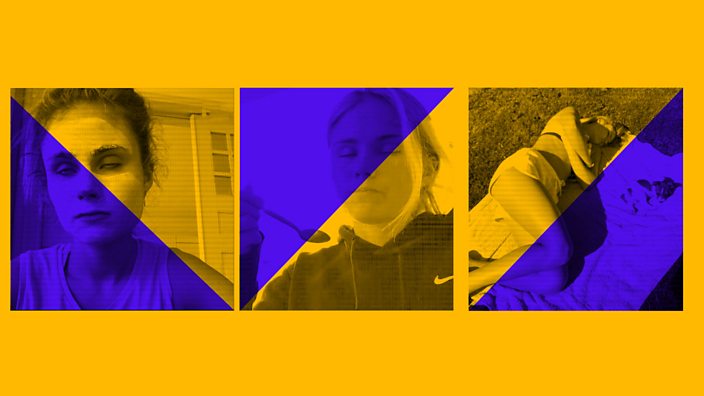 BBC Three
BBC ThreeEveryone at my boarding school had the jab. A couple of pupils got swine flu, which meant we were all considered at risk. It was fine at first, but about six months later I started falling asleep when I didn’t want to. It wasn’t anything I really noticed, as it was only a couple of times a week at that point, but looking back I know it was the narcolepsy setting in. It slowly got worse, and before I knew it, I was falling asleep in every single class. At this point I was only 16, and I was getting at least eight hours sleep a night. I had no idea why I couldn’t keep myself awake.
Other people started to notice too. I remember my friends saying to me, “Belle, it was a joke at first and we used to laugh at it, but now you’re literally falling asleep in every class… Are you OK?” So my mum took me to the doctor.
They were reluctant to give me medication at first, because I was so young – and they wanted to make sure I wasn’t just staying out late at night, or playing on my phone in bed. I was eventually diagnosed with narcolepsy when I was 17, right in the middle of my A-levels.
First I was given a stimulant, Modafinil, which really helped, but after a while my body got used to it and it was no longer effective. Now I’m on Methylphenidate, which I take once in the morning, followed by top-ups throughout the day.
Once the diagnosis was official, I left school. I tried studying, but it was impossible to concentrate. I had wanted to showjump professionally, but that’s exhausting enough when you’re totally healthy, let alone when you have narcolepsy. So I started to panic, wondering what on earth I was going to do with the rest of my life, or how I would ever live without my mum – the only person who understood what I was dealing with. It was a very lonely place.
But then I found something that helped – running. I started to notice that for a good hour or two after going for a run I felt really great, medication or no medication. So, after discussing it with my mum, I qualified as a personal trainer, which I now do part-time.
Working out has changed my life – as has my boyfriend Maikel, who I met about three-and-a-half years ago on a skiing holiday. Embarrassingly, his twin brother Nick saw me having a sleep attack at dinner, taking the toppings off my pizza and putting it on my mum’s. The next day Maikel asked me about it, and I explained that I had narcolepsy. Instead of getting freaked out he told me he wanted to talk to me about it and learn more about what I was going through. And to this day he’s never, ever got cross with me, belittled me, or cared what other people think.
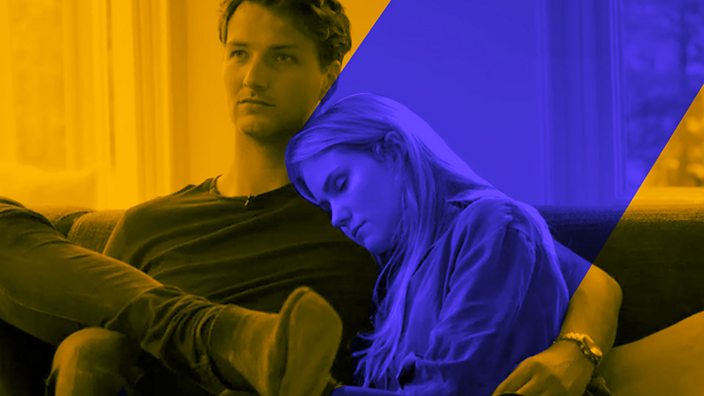 BBC Three
BBC ThreePrevious boyfriends haven’t been so understanding. I had one ex who kept saying to me that he “wanted someone who could just lay in bed with him and stay awake, or have lie-ins” – but I absolutely hate the thought of lying in, falling in and out of sleep, and he knew that. I just want to be up and active in the mornings. He would get so self-conscious about my sleep attacks in public that he would humiliate me. For example, we were out at dinner once and I started dipping my chips into my napkin. He snapped, “Oh my god, what the heck are you doing, that’s so weird, stop it” - although he used a much stronger word than "heck". Hearing stuff like that from him all the time made me think that I was actually weird.
It’s not just exes who’ve made me feel small – sometimes random people will do it too. Once I went to my good friend’s wedding with my mum, and at the wedding reception I had an attack where I started taking my broccoli off my plate and piling it on top of my phone. Immediately the whole table was like, “Oh wow, Belle is so drunk”, and even started filming me on their phones. I tried to explain that I had narcolepsy and I couldn’t help what I was doing, but they didn’t want to listen – they just wanted to have a laugh at my expense.
I don’t only get sleep attacks when I eat, although that can trigger them. They tend to get worse when I'm on my period, or when I’m stressed about something. I’m not shy, but if a stranger talks to me, it triggers a panic response within me and that brings on an attack. They're triggered by different things for different people, but this is what makes it worse for me.
Maikel is amazing when we go out for dinner. He’ll tell me to just put my head on the table and sleep for five minutes, and he doesn’t get self-conscious at all. He just gets his phone out and reads, or goes on social media for a bit, until I wake up and feel a bit better. This small gesture means the world to me because I still get embarrassed about it. We went to Paris recently, and every single night at dinner people stared, pointed and whispered. I wanted to ask them to stop, but when this kind of thing happens I get so nervous that I’m just unable to talk.
At the same time, I feel incredibly lucky. If you’d told me when I was a teenager that I’d need to sleep eight times a day, I’d have thought life wouldn’t be worth living. But even though having narcolepsy is rubbish, I’m so glad I’ve found a way to manage it through exercise. There are of course different treatments, but this is what works for me. By going to the gym three times a day for intense workouts, and to train my clients, I’m able to live my life. I feel energised and, most of all, awake for hours afterwards.
And then there’s Maikel. I really couldn’t have imagined that I’d ever meet someone as thoughtful and caring as him.
I’m never going to win this fight, because there’s still no cure for narcolepsy. But as long as I stay active, I know I’m living my life to the fullest – and that’s the most important thing.
As told to Ashitha Nagesh
